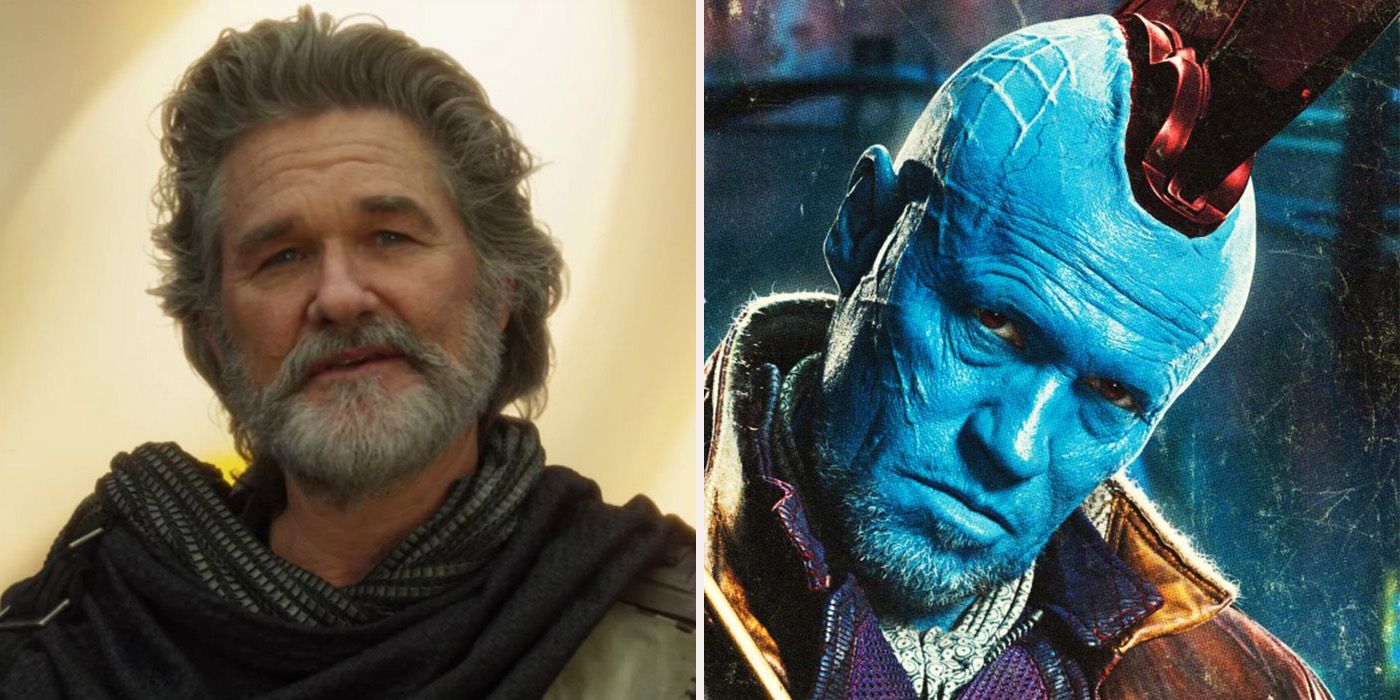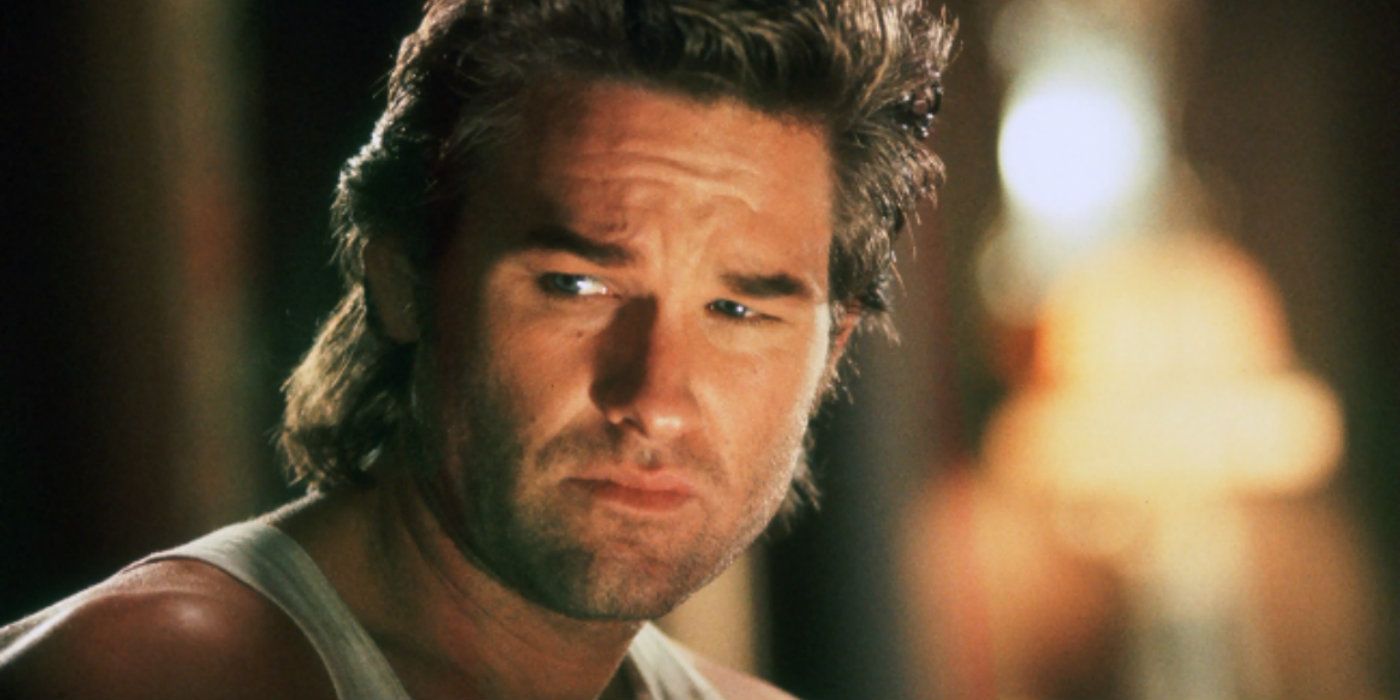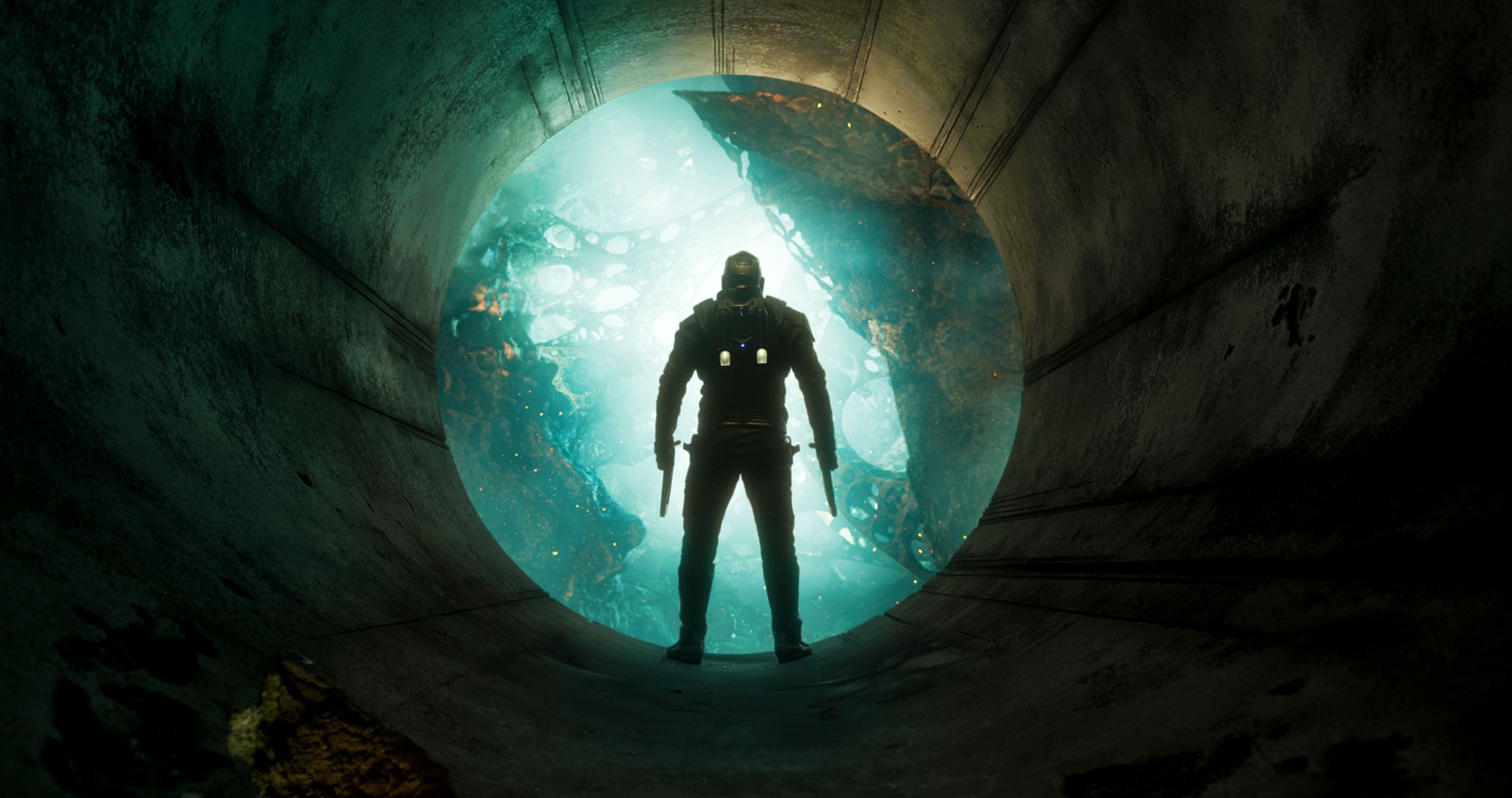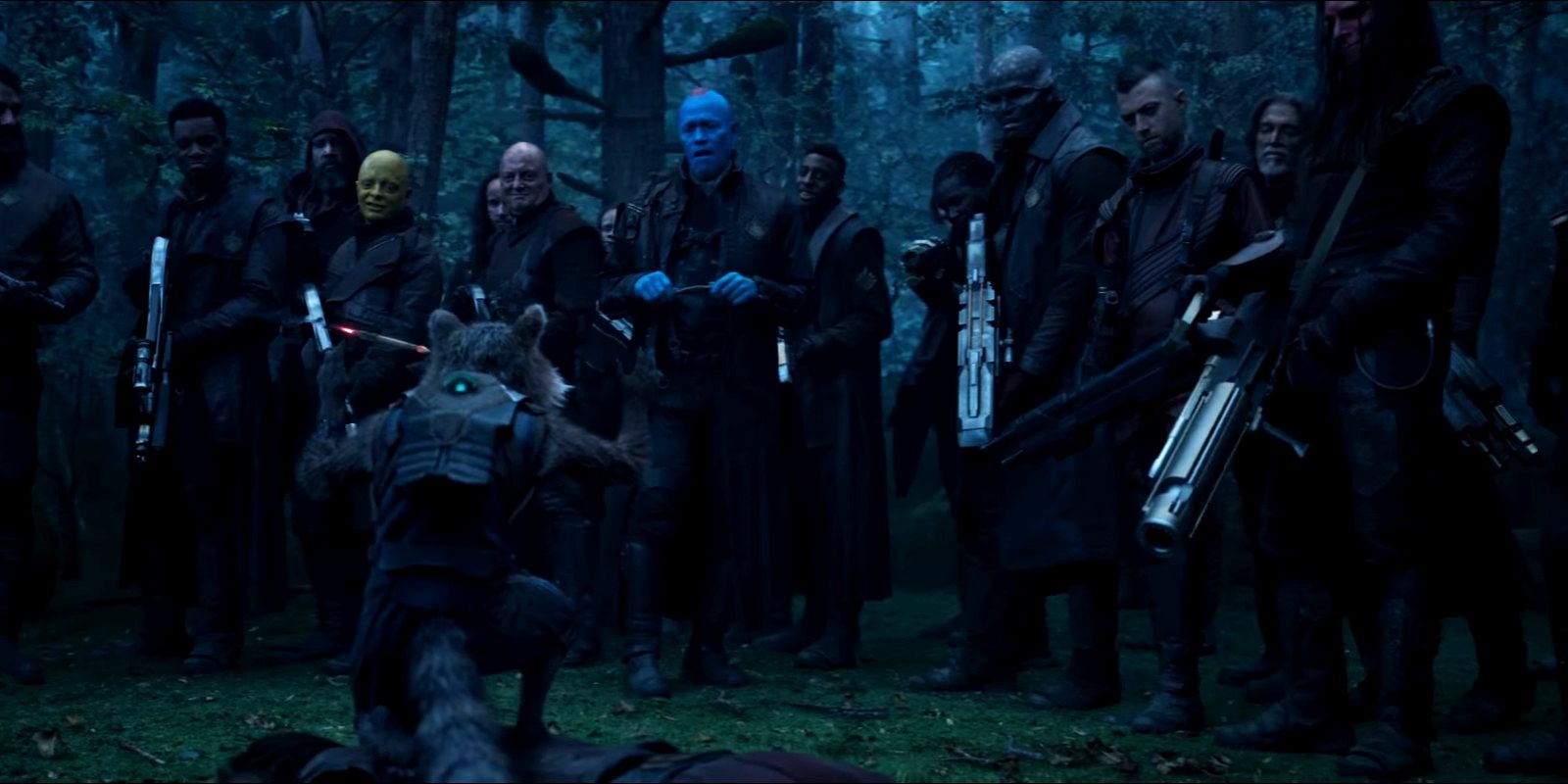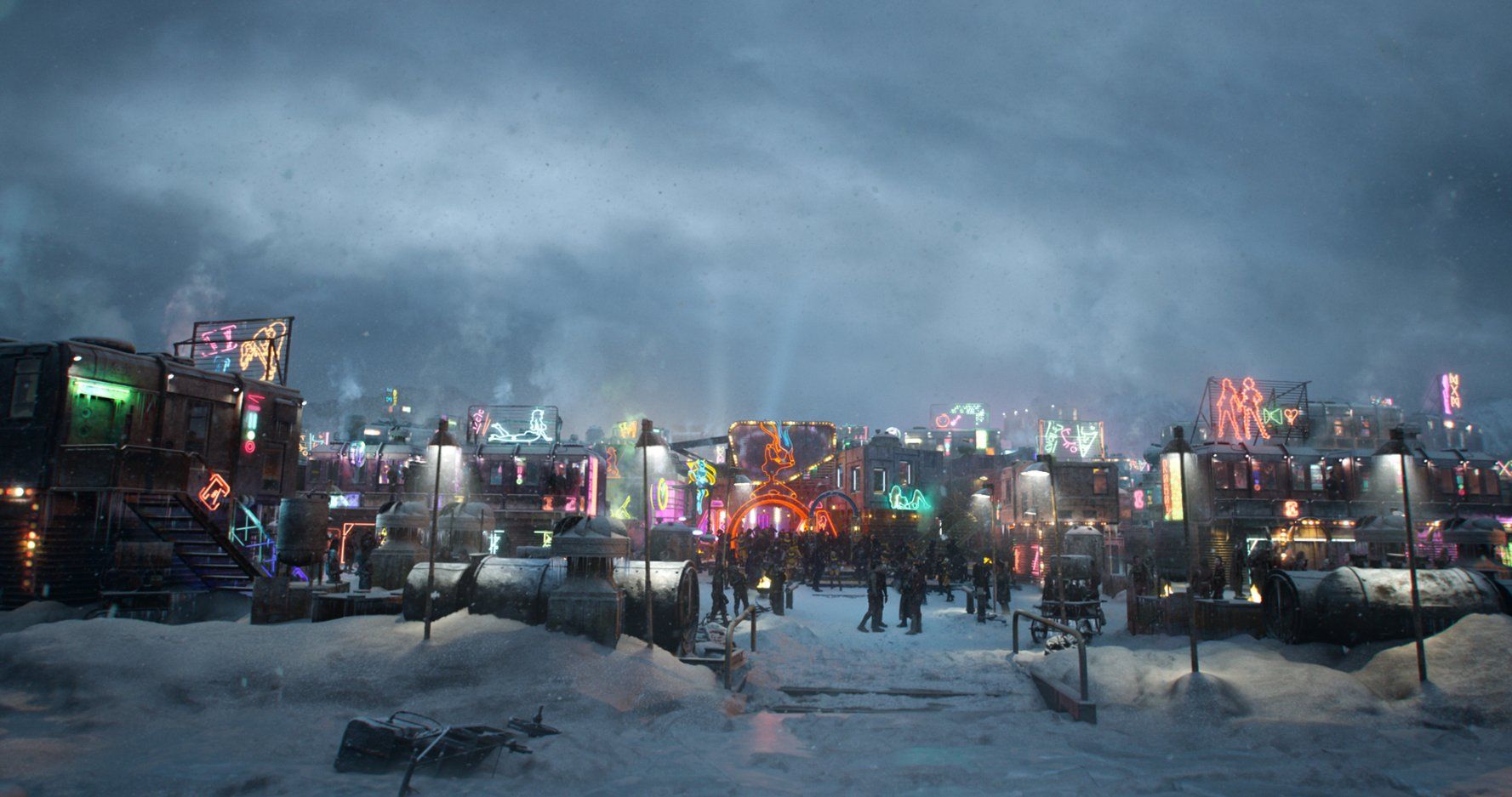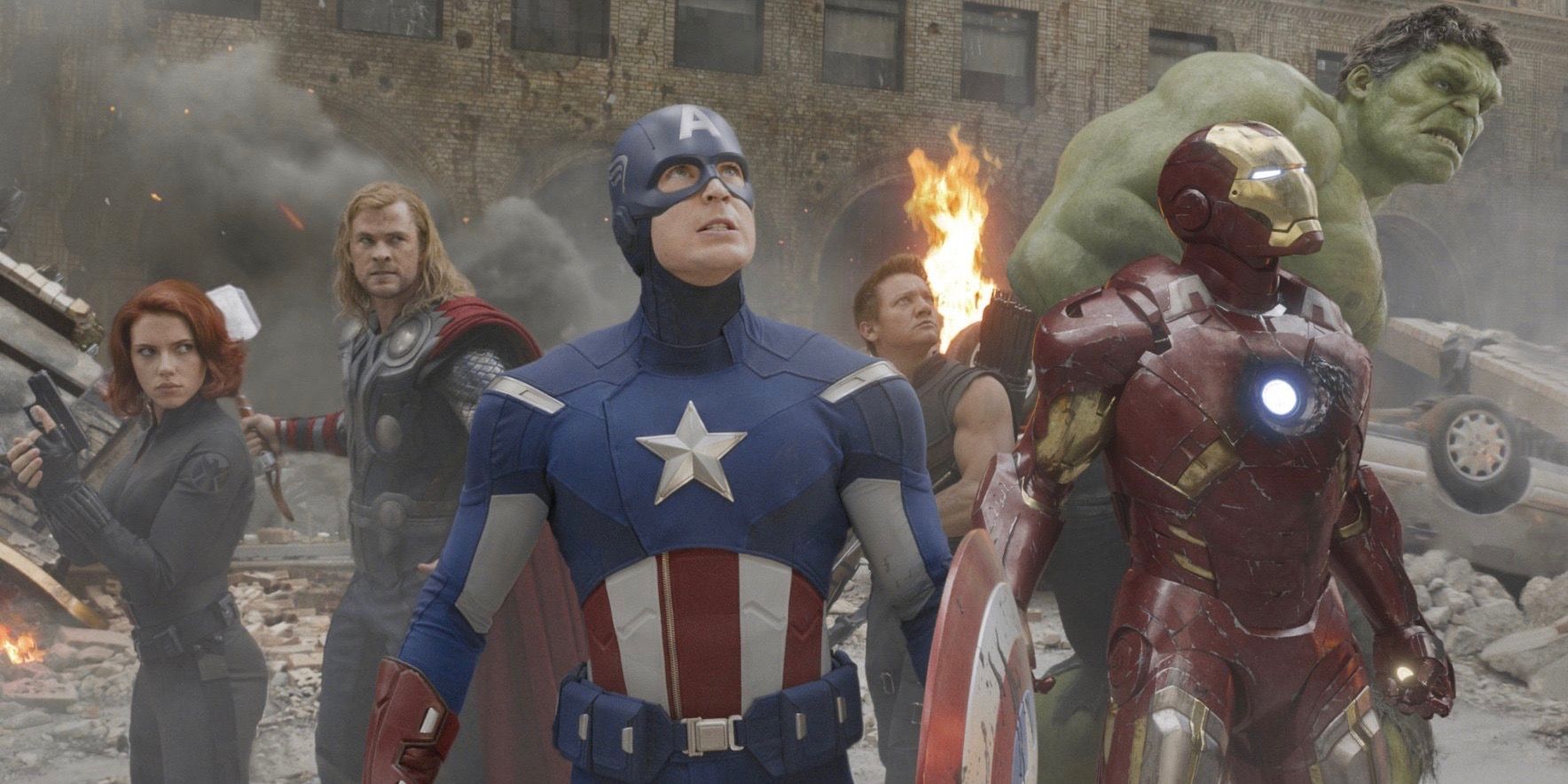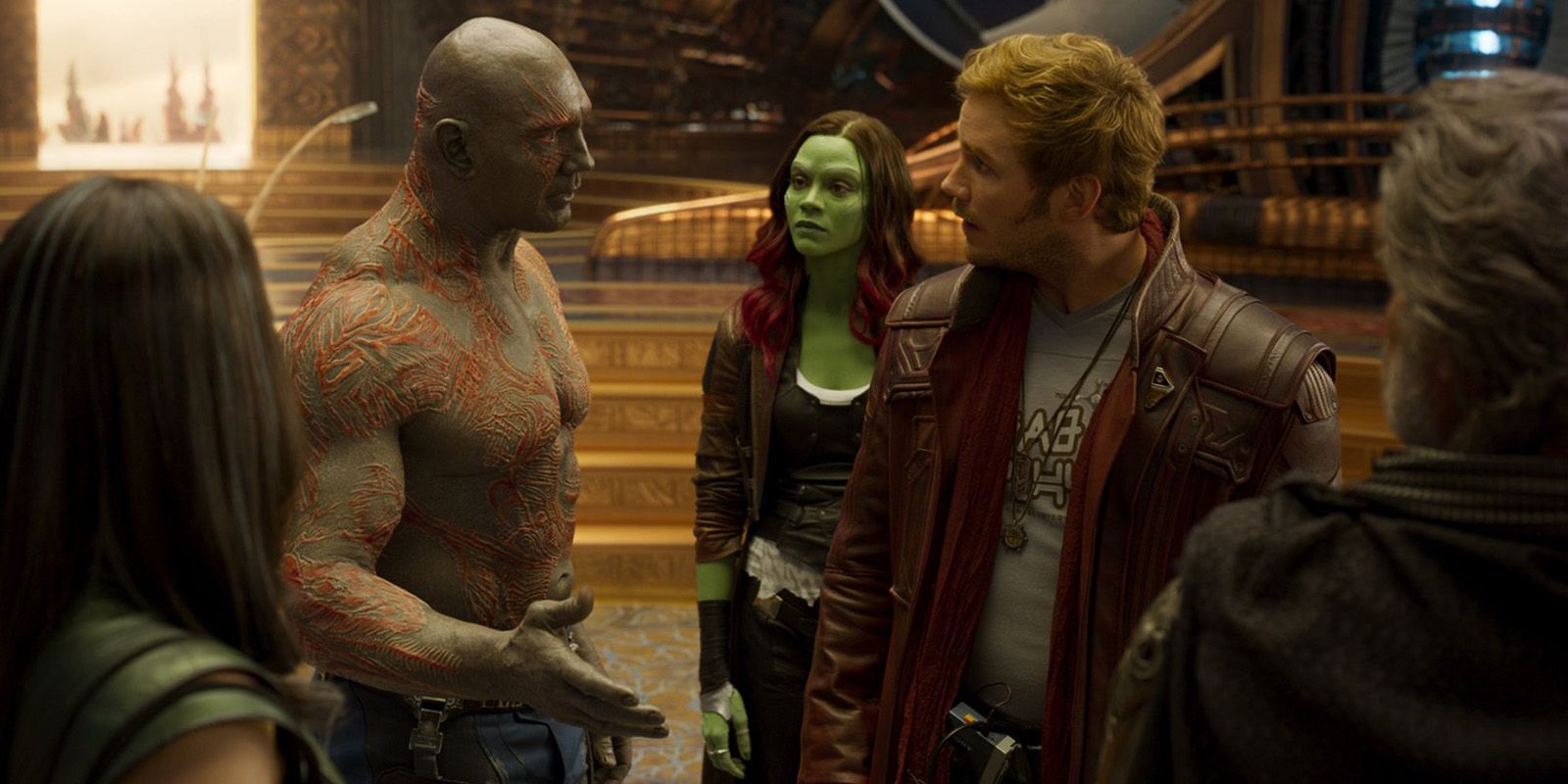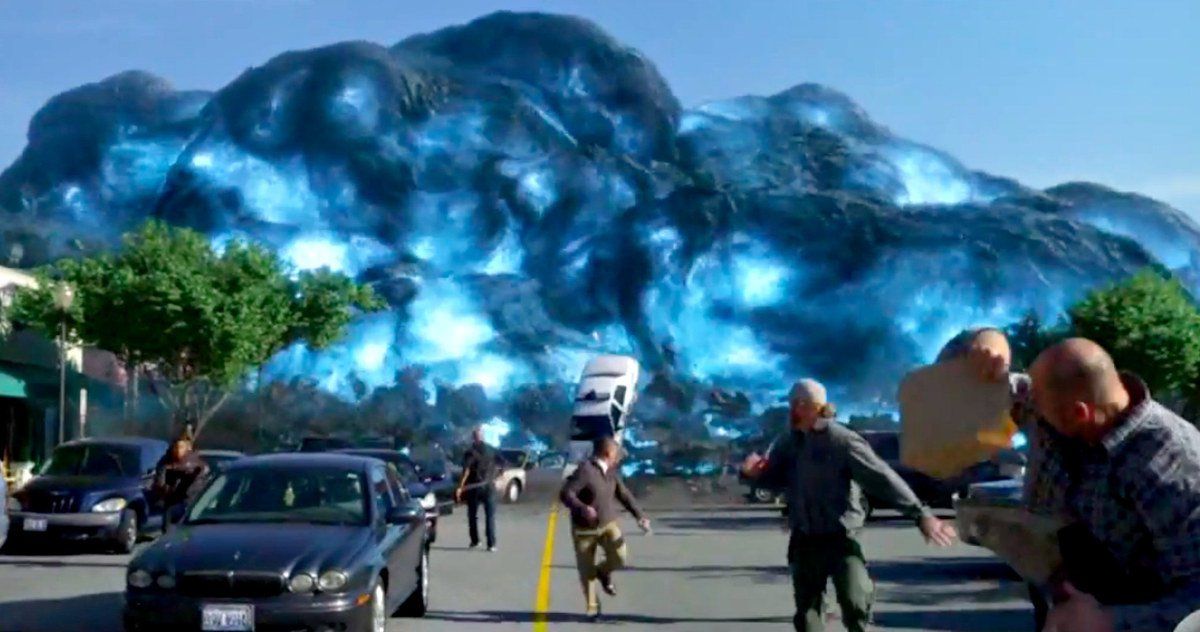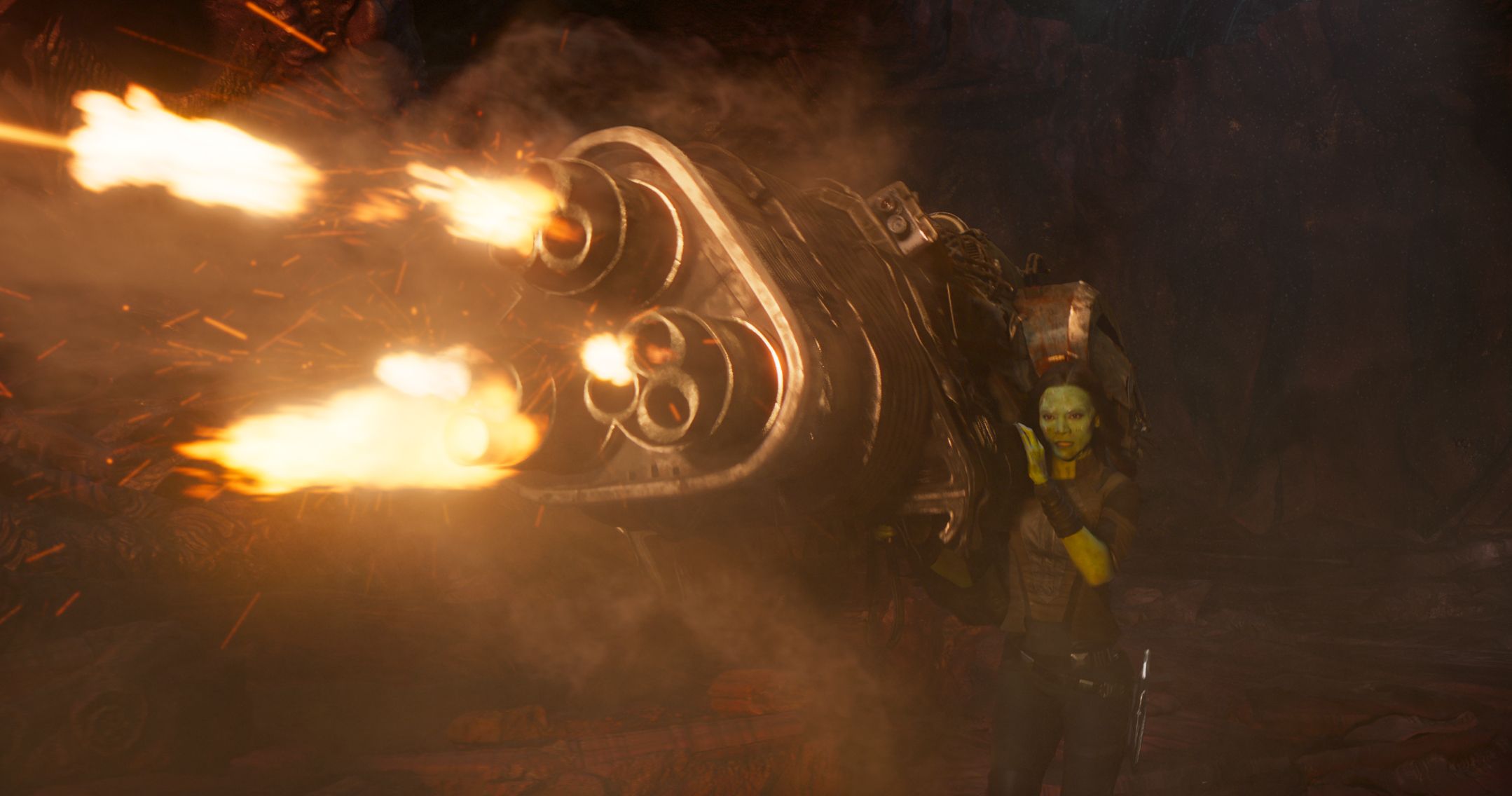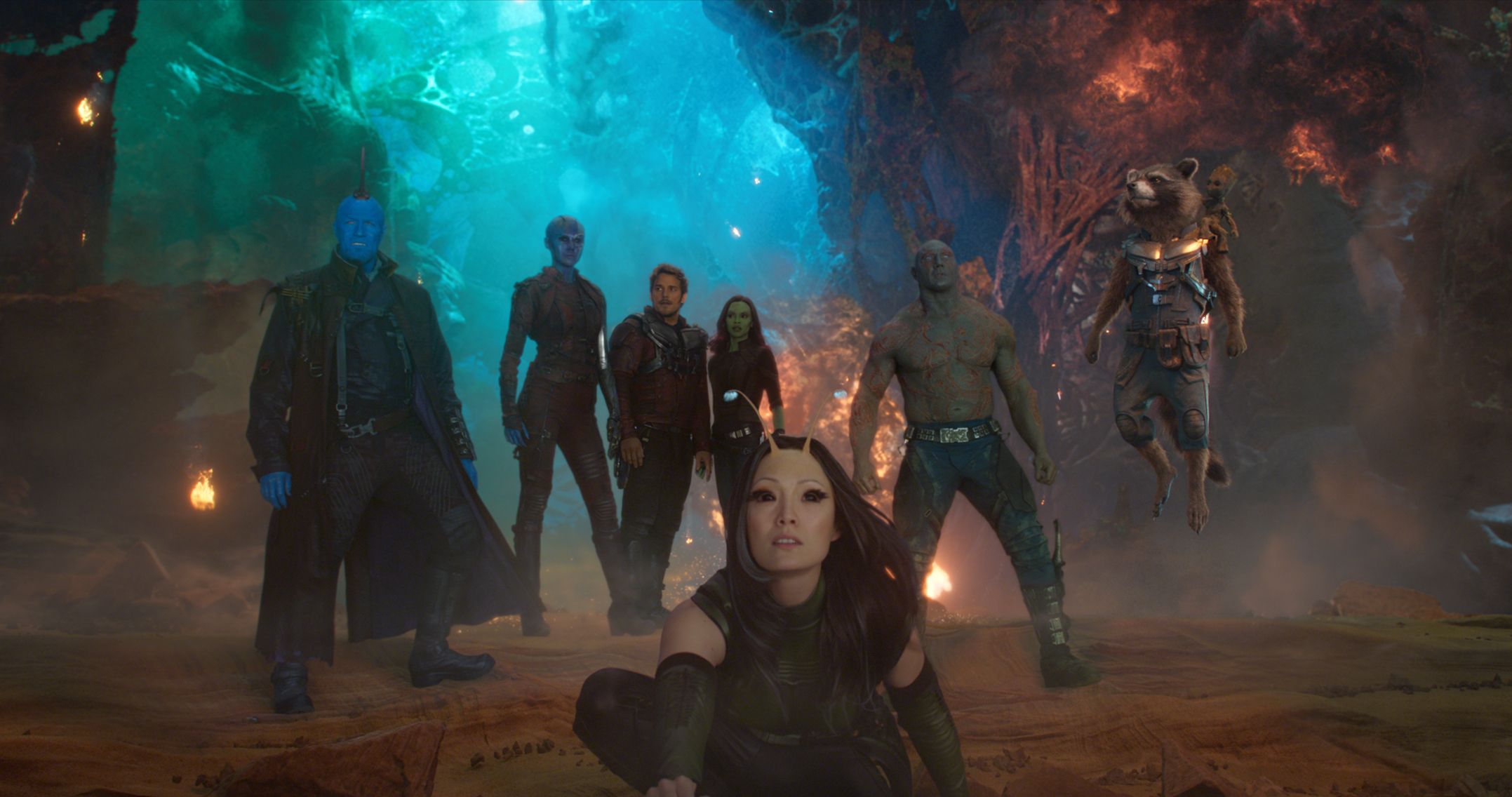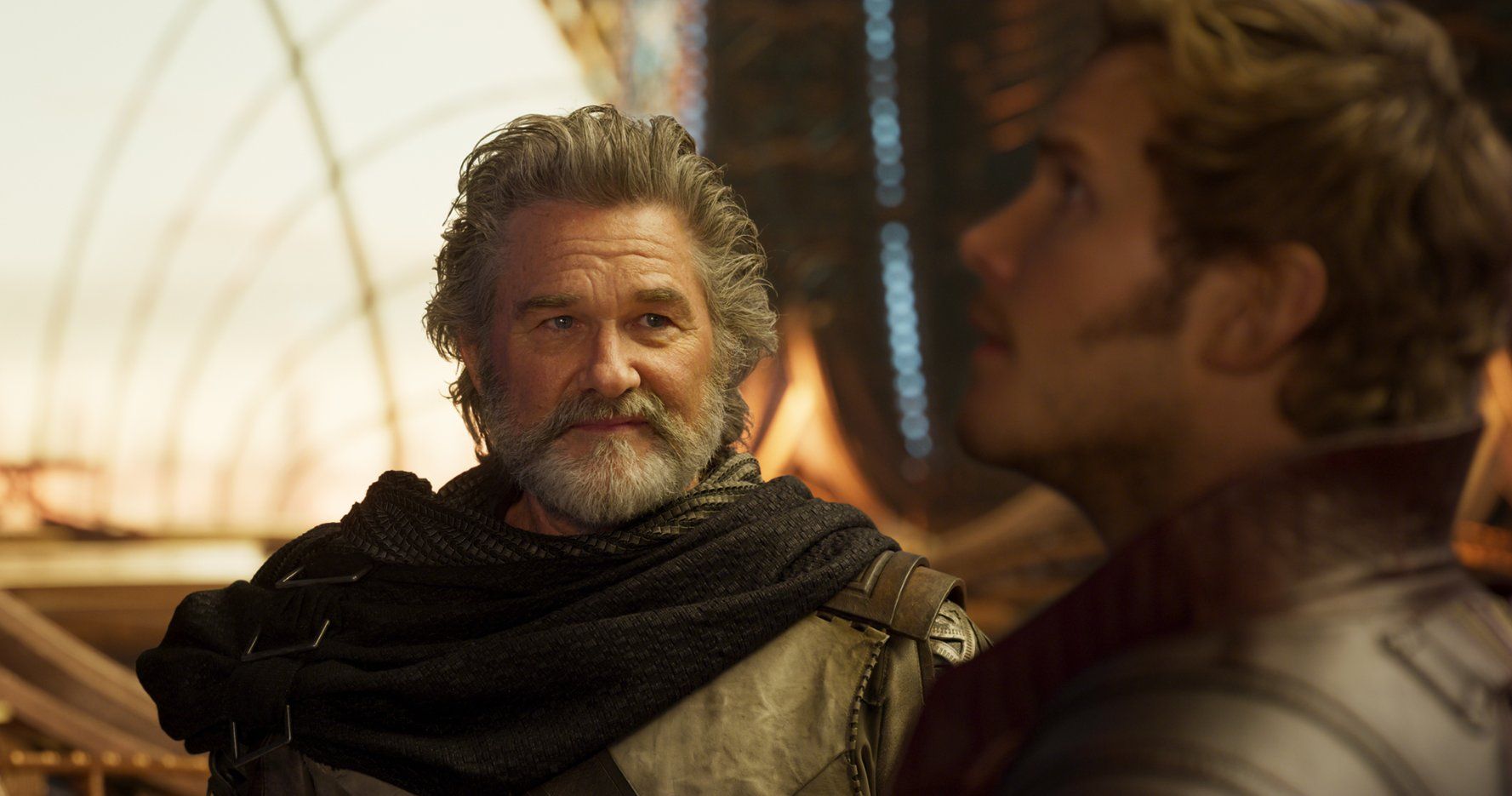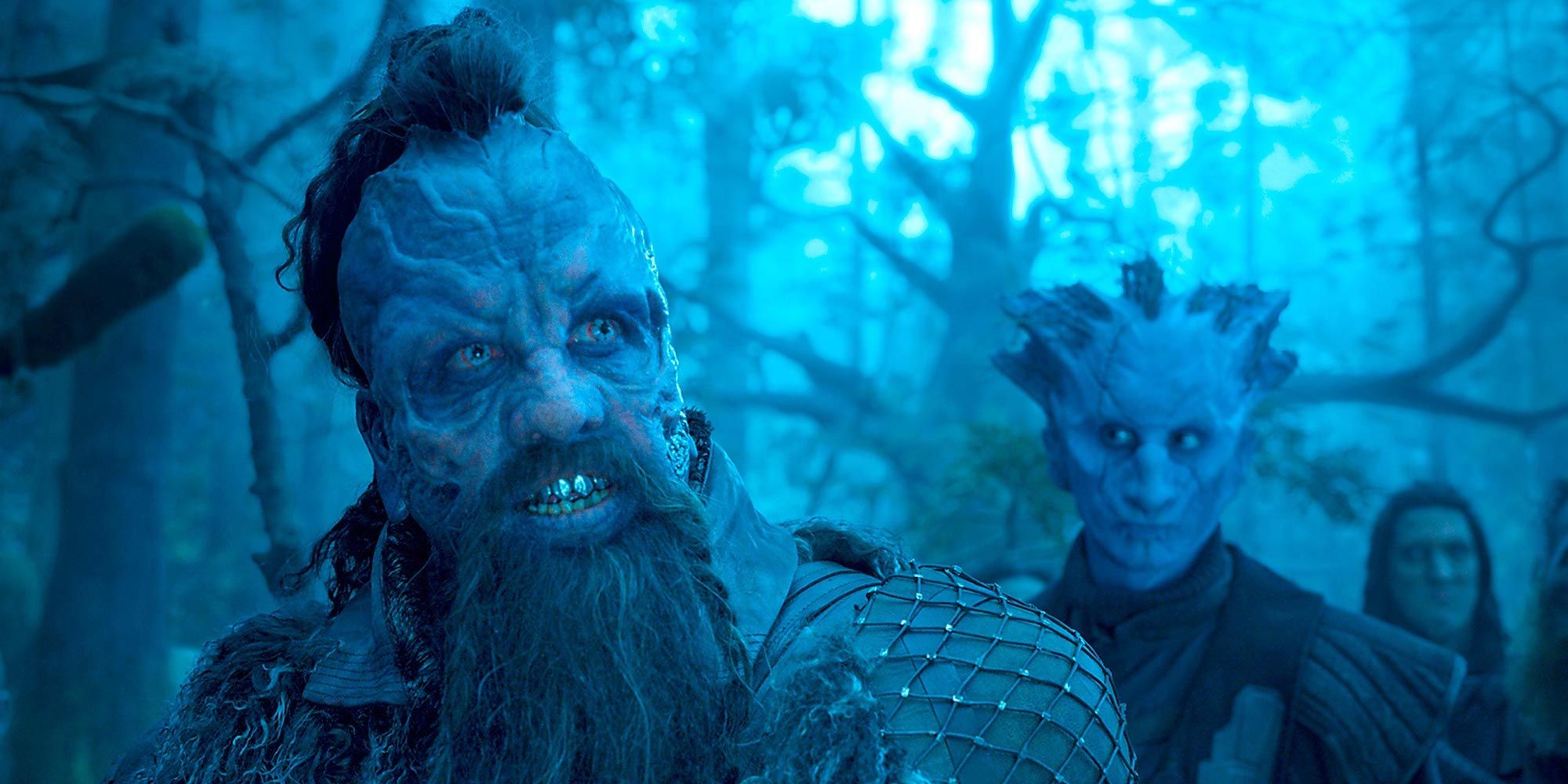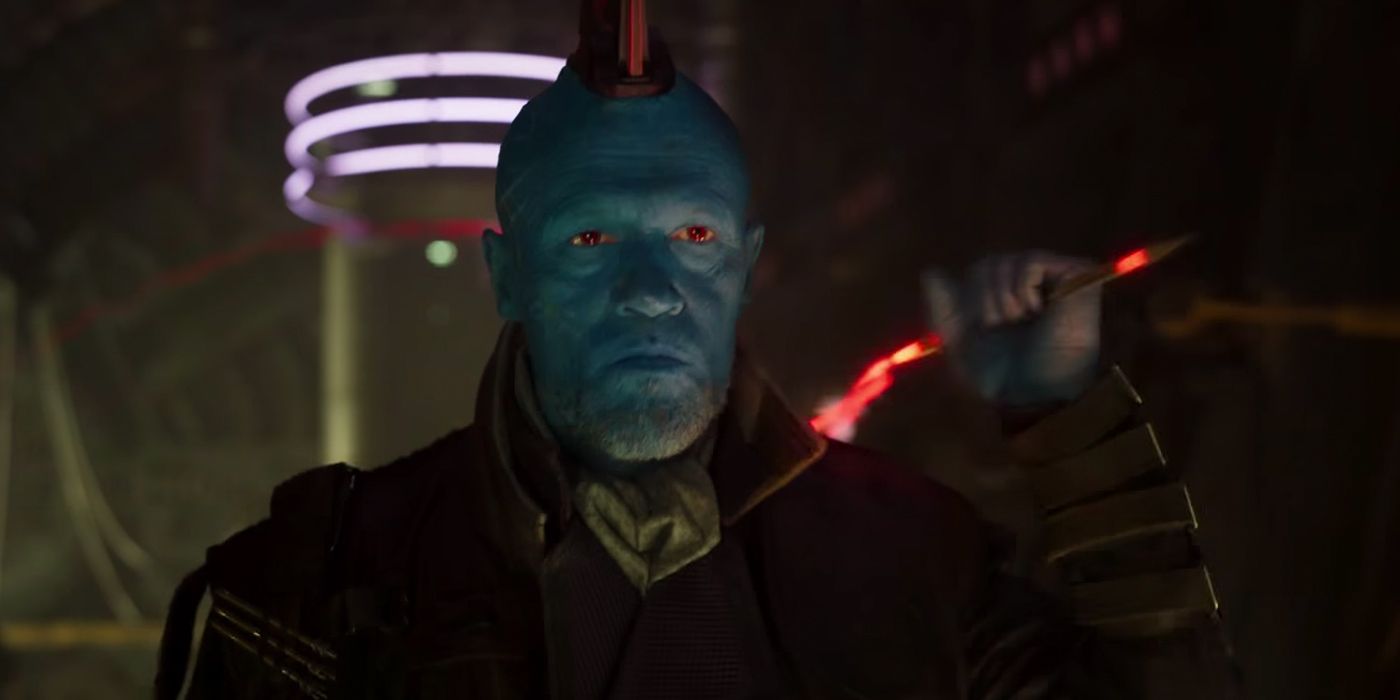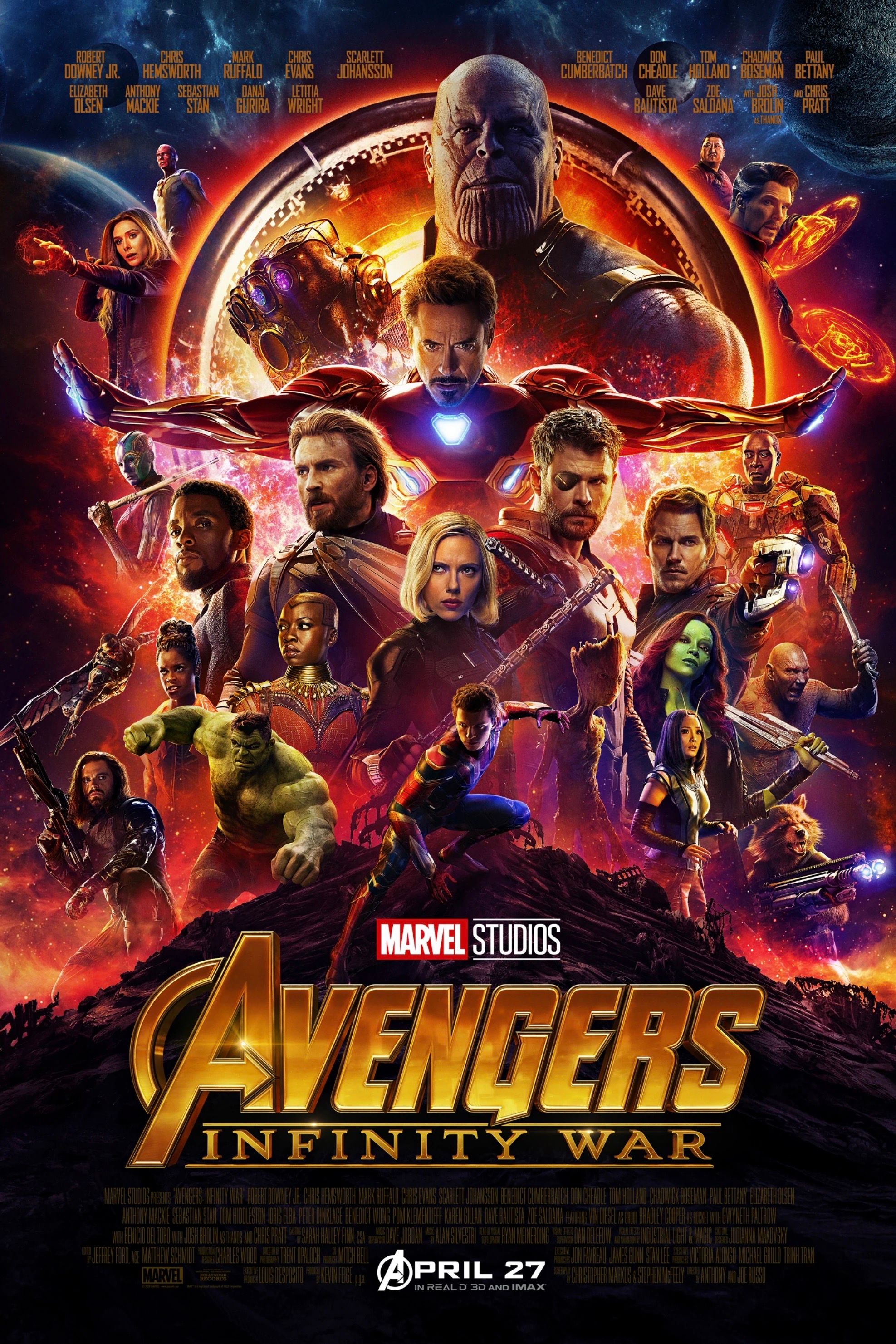Guardians of the Galaxy Vol. 2 is another certified hit for Marvel in both the critical and financial sense. This marks the fifteenth film in the most popular cinematic superhero universe and there are no signs of the studio slowing down.
However, as popular and well-regarded as the MCU has been over the years, even the most die-hard fans have to admit there are a few problems. There are some things the MCU does really well, while other aspects could use some work. So does Guardians of the Galaxy Vol. 2 repeat the same problems or does it overcome them?
The simple answer to that question is that the film does both. In some respects, Vol. 2 exceeds what came before it in the MCU, while in others it’s guilty of the same old problems. Without labeling the movie as an overall step up or down for the Marvel Cinematic Universe, we will examine the ways in which it improves upon previous issues -- and the ways that it maintains an imperfect status quo.
Here are the 7 Ways Guardians of The Galaxy Vol. 2 Improves The MCU (And 5 Ways It Doesn't).
12. Improvement: De-Aging
The concept of de-aging actors to look decades younger is an effects technique that predates the MCU. Early examples including X-Men: The Last Stand and TRON: Legacy, were distractingly artificial, looking like something out of The Polar Express, but there have been vast improvements since then.
The MCU has really embraced the technique, using it for Michael Douglas in Ant-Man and Robert Downey Jr. in Captain America: Civil War. In both instances, the effects were extremely impressive, even if there was something still a little off about the look.
The opening of Guardians of the Galaxy Vol. 2 tries again, this time for Kurt Russell, and the result is mind-blowing. It’s tricky since most people know what Kurt Russell looked like circa the 1980s, but there’s barely a second to doubt it here. Even more impressive, the effects are mostly practical. Whatever the technique, it seems the MCU has perfected the actor de-aging.
11. Improvement: The Look
While MCU films are certainly more colorful then other comic book films, they have nonetheless received some criticism for a somewhat bland and generic look. We have started to see the films move away from this, with Doctor Strange especially using a lot of comic book designs as inspiration. However, Guardians of the Galaxy Vol. 2 really takes it to another level, creating the most vibrant and distinct looking MCU film to date.
Drawing from Jack Kirby’s iconic designs, this film is such a blast to look at. James Gunn and his team take full advantage of all the different worlds in the galaxy, each with a distinct look and feel which comes alive on the big screen. From the artificial beauty of The Sovereign to the sheer weirdness of Ego’s planet, the whole thing is a treat for the eyes.
10. Still A Problem: Too Many Characters
As the MCU grows and continues to add new characters, there was been criticism that the overpopulated movies leave little time for character development. James Gunn did a pretty great job the first time around, giving each of the Guardians personality, problems, and arcs. Even in the sequel, he continues to serve his original Guardians well, but the beefed up cast of supporting characters aren't all well established or integrated into the movie.
Sean Gunn’s Kraglin is forced into a significant role without much payoff. He could have been melded with the Tullk and had a much more satisfying arc. Meanwhile, Mantis, a much more interesting character, is left with less to do and is literally unconscious during the climax.
Hopefully for Guardians of the Galaxy Vol. 3, James Gunn keeps focus on the core characters and gives them time to shine.
9. Improvement: Story-based World-Building
Part of the problem with the MCU films that deal with these worlds of mysticism, advanced tech, and intergalactic communities is that they need to do a lot of heavy lifting to establish everything. Films like Ant-Man and Doctor Strange had scenes bogged down in exposition trying to explain these worlds to the audience, which doesn’t always make for great entertainment.
Guardians of the Galaxy Vol. 2 also has a lot of new concepts and worlds to explore, especially with the expanded role of the Ravagers. However, James Gunn wisely goes for the method of show rather than tell, letting the complex world of these space pirates evolve through relationships. Equally impressive is how the film establishes the unique community of The Sovereign.
Gunn has built a lot of interesting mythologies within the cosmic side of the MCU and it’s exciting to know he’ll continue to build that universe in the future.
8. Still A Problem: Where Are The Avengers?
With all the joys that come with having a successful, functioning interconnected universe of superhero, the MCU solo movies have faced one nagging questions since its beginning: where are the Avengers?
In a world that has been established with several operation superheroes, every solo outing is forced to clumsily explain why the whole roster of heroes can’t show up to deal with the latest threat. It’s a problem so often brought up that Ant-Man even poked fun at the idea before coming up with their own unconvincing excuse.
Guardians of the Galaxy managed to avoid this problem based on the simple fact that the Avengers operate light-years away. The sequel, however, makes the mistake of including Earth in the galaxy-wide threat. It doesn’t even really add any extra tension since only two minutes of the film take place on Earth. It really only serves to make us wonder why the Earth-based heroes aren’t coming to the rescue.
7. Improvement: Personal Stakes
A struggle that the modern superhero films have to deal with is how to constantly raise the stakes for their heroes. After aliens invaded New York in The Avengers, it was difficult to up the ante from there. Thankfully, the MCU has started to realize that a film can still have stakes without destroying the world.
Captain America: Civil War did a great job making the conflict at its center very personal, and here James Gunn manages, in the midst of a space opera, to tell a story about family. Yes, Ego’s evil plan threatened the lives of billions of people but the stakes for our characters was the possibility of losing this new family they had created. While the big action spectacle is no doubt fun, it’s these relationships that make the ride all the richer and more enjoyable.
6. Still A Problem: Unimaginative Threat
Of course, a feuding family is not enough to support the summer blockbuster so there needed to be some sort of world-ending threat introduced in the climax, and unfortunately it turns out to be as dull as the other generic MCU threats.
It’s become a cliché for superhero movies, and MCU films especially, that the climax always surrounds our heroes trying to stop a blue beam of light. And though there’s no beam of light here, a glowing blue blob isn’t a whole lot more exciting.
Add to that Ego, a living planet with a seemingly infinite amount of abilities, choosing to battle the Guardians with space tentacles that can handily be stopped by guns. In a movie that was so unabashedly bizarre and “out-there”, it would have been nice if this was a more creative aspect to Ego's powers in that final battle. The Pac-Man joke only contributes so much.
5. Improvement: Female Heroes
After 15 films in the MCU, we have still yet to see a female-led film (and won’t until 2019’s Captain Marvel). It’s an area in which the Marvel is very much playing catch-up. While their films continue to cast great female actors like Rachel McAdams and Natalie Portman, they fail to give them much to do. While there’s still work to be done, Guardians of the Galaxy Vol. 2 delivers two of the best female characters in the MCU up to this point.
One of the most surprising aspects of the film is the compelling and tragic relationship between Gamora and Nebula. Each woman is the product of their abusive father, Thanos, and yet they can’t help but direct their anger at each other. They have complicated feelings for each other and each character is given a complex and satisfying emotional arc in the film; rare for female characters in the superhero world.
Here’s hoping Gunn continues to evolve this relationship in the third film and that we see it bleed into Avengers: Infinity War as well.
4. Still A Problem: Third Act
The MCU has cornered the market on making crowd-pleasing superhero films, but that’s not to say they are all perfect from start to finish.
It has become something of a trademark of the MCU that their films tend to peak in the middle, but can’t really pull of a fully satisfying finale. There are exceptions to the rule, like Ant-Man and Captain America: The Winter Soldier, but unfortunately Guardians of the Galaxy Vol. 3 continues the trend.
That’s not to say the whole climax is a mess, because there are some great moments, like the hilarious Pac-Man bit and Yondu’s Mary Poppins impression, but it seems like the film started to run out of ideas. You have uninspired moments like the aforementioned space tentacles, Ego and Quill’s superhero battle, and the fact that the plan to destroy this all-powerful living planet is with a bomb. Again, it’s not a disaster, but far from the best part of the film.
3. Improvement: Villain
Probably the biggest complain leveled against the MCU has been their lack of compelling villains. Aside from Loki, there hasn’t really been a standout baddie in the universe, which is concerning considering how important Thanos will be in Avengers: Infinity War. But if Ego is any indication, they are heading in the right direction.
A big part of what makes Ego such a successful villain is his connection with Peter. The mystery father has become such an important part of Peter’s character that to have him find a father only for that father to turn out to be evil was a great turn. While Ego’s plan wasn’t entirely clear, his motivations and the extremes he went to achieve his genocidal goal were very compelling.
It also helped that Kurt Russell was fantastic in the role. He played the father role wonderfully before turning on the menace when appropriate. With any luck, the MCU will use Ego as a benchmark for complex and compelling villains going forward.
2. Still A Problem: Secondary Villains
As great as Ego was as the films main villain, the same praise can not be given to its other two antagonists, Taserface and Ayesha.
Taserface seems like little more than the product of James Gunn’s unique sense of humor. Making an obscure and ridiculously-named villain from the comics a major bad guy is a bold choice that doesn’t entirely pay off here. Taserface is quickly made into a walking joke, and while it’s good for a couple laughs, it robs him of being remotely threatening.
Ayesha is at least a much more interesting villain, but she is given little agency throughout the film. Elizabeth Debicki sells the character’s absurd pride very well, but she isn’t given enough to do to make much of a lasting impact. Hopefully, with her hinted role in the third film, she’ll get some better material to work with.
1. Improvement: Death Of Characters
Death has been lacking in much of the MCU movies. It sounds dark, but without some real consequences for our heroes as they face deadly threat after deadly threat, the films will start to lose their edge. Leave it to James Gunn to break the mold and have the guts to fill off a major character.
Of course, Yondu’s was not only one of the saddest moments in the MCU, but it was also the perfect end to the character. Yondu is very much the heart of the sequel and Michael Rooker gave a fantastic performance. His sacrifice to save Peter was the perfect wrap up to the theme of fathers and sons.
Hopefully, the MCU learns the right lessons from Yondu’s death. It is a not killing off the character for the sake of creating stakes, but having a character’s arc come to a natural conclusion. We’re likely to see a few characters go in Avengers: Infinity War so hopefully it is handled as well as it was here.
---
How do you think Guardians of the Galaxy Vol. 2 changed the MCU? Sound off in the comments!

